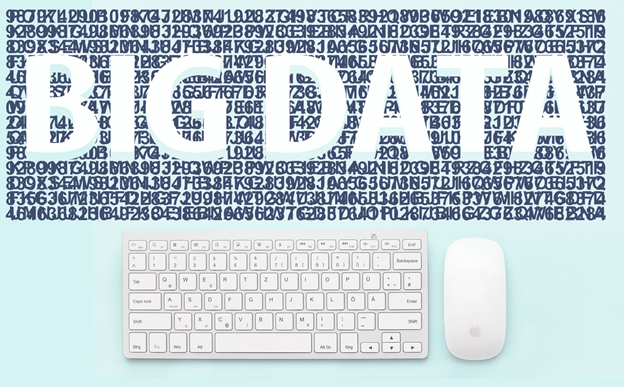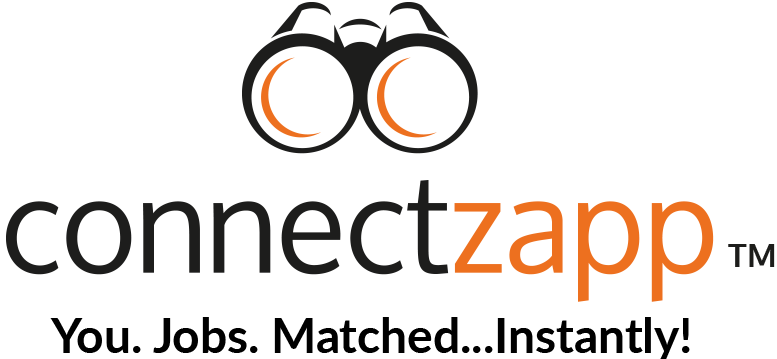Here’s a full list of the best Data Analyst jobs

Here’s a Full List of the Best
Data Analyst Jobs
What Does a Data Analyst Do?
The simplest description is… a Data Analyst retrieves and analyses data. Their work helps management gain insights about customer behaviour and preferences, so they can plot the future direction of the company.
The work of a Data Analyst can depend on the industry they are in and the type of data they are working with, however organisations and companies in every industry benefit from their skills, from online businesses, to traditional businesses as diverse as restaurants, mining companies and retailers, to consulting firms and manufacturers.
As a data analyst you are an important part of how a company gets insights into customer behaviour and preferences, so the company can target the right market with the right product or service.
By gaining insights from sales, social media, search engine traffic, inventory and special projects, a data analyst helps management gain the insights they need to plot the future direction of the company.
Companies are hiring now
Check out these data analyst jobs.
Data Analyst Software
The top 10 data analyst software tools are:
- R Programming
- Tableau Public
- Python
- SAS
- Apache Spark
- Excel
- RadidMiner
- KNIME
- QlikView
- Splunk
Business Data Analyst

A business data analyst, also called a business analyst, helps companies use their data to make more effective business decisions.
A data analyst gathers and analyses the data, then the business data analyst assists management to use the data to plot the future direction of the company.
Are you a Business Data Analyst, or want to be one?
Companies are looking for you
Check out these business data analyst jobs
Entry Level Data Analyst
An entry level data analyst assists the data analysts in collecting and analyzing data. To become a data analyst you should:
- Obtain a Bachelor’s Degree – a degree in Information Technology and Data Analytics or something similar will set you on the path of becoming a Data Analyst
- Learn some programming languages – if you are familiar with Python, SQL and R you will be considered favourably. There are plenty of online resources you can use to familiarise yourself with programming languages
- Gain Experience – volunteer or intern wherever you can to gain the experience and to, importantly, show your experience on your Resume
Check out these entry level data analyst jobs now
Big Data Analyst

A big data analyst specialises in large and complex data sets. They specialise in the collection and analysis of big data for companies and governments so they can improve their decision making and competitive advantage. They utilise data to uncover hidden trends and patterns.
Versatility is an important skill for you in this field, problem solving skills are essential as well as the ability to think critically and logically while using creative reasoning skills.
As a big data analyst you are required to present your findings to stakeholders, so strong oral and written communication skills are also essential.
Experience with multiple technologies and tools is also required, such as:
- Apache Spark
- Flume
- Frameworks
- Hadoop
- HBase
- HDFS
- Hive
- Impala
- MapReduce
- Pig
- Sqoop
- YARN
Are you a Big Data Analyst or ready to move into the role?
Check out these big data analyst jobs available now
Healthcare Data Analyst

As a healthcare data analyst, sometimes called a healthcare business analyst or health information management analyst (HIM), collects and analyses medical data from a variety of sources such as electronic health records, billing claims, cost reports and patient satisfaction surveys.
Their goal is to use healthcare data to assist stakeholders improve their decision making. They assist companies, hospitals, medical centers and governments improve the quality of medical care, lower the cost and enhance the patient experience.
Their role involves helping executives and other stakeholders understand the operational impact of the data by presenting information, creating automated internal and external reports and creating executive level dashboards.
Are you a Healthcare Data Analyst or ready to move into the role?
Check out these healthcare data analyst jobs available now
Certified Data Analyst
To become a qualified and certified data analyst you will need a bachelor degree in a relevant discipline. From there you should aim to gain experience in an entry level position such as a statistical assistant or technician.
By continuing your studies with a masters degree you can become a Business Analyst Master. This will accelerate your learning and experience, which will give you more opportunities and advance your career further.
Another option is to complete a certificate program. These are offered by educational institutions and large public companies such as Amazon, Microsoft and IBM. Completing a certificate program offered by a company also puts you on their radar when hiring, so could lead to a job offer.
Data Analyst Companies
The skills of a data analyst are used by organisations in every industry, as well as governments, so your skills are in high demand as a data analyst.
The large tech companies are a sought after place to work however there is a lot of competition for roles. However, large non tech companies, mid tier companies, educational institutions and governments also offer great opportunities to gain valuable experience and offer great packages and working conditions.
Data Analyst Consulting

Becoming a data analyst consultant is an opportunity to either work for yourself or work for a consulting firm.
When you are a consulting analyst you’ll work with organisations in a variety of industries and also government departments to help them improve their insights into organisational and customer challenges.
There is generally more variety being a consulting data analyst, compared to working for one company.




